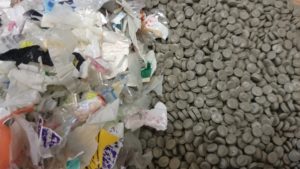 The Reflex project successfully demonstrated flexible film packaging could be recycled into items such as boxes and crates or drainage pipes. That was one of the successes of the two-year research effort, according to the project coordinator.
The Reflex project successfully demonstrated flexible film packaging could be recycled into items such as boxes and crates or drainage pipes. That was one of the successes of the two-year research effort, according to the project coordinator.

 The Reflex project successfully demonstrated flexible film packaging could be recycled into items such as boxes and crates or drainage pipes. That was one of the successes of the two-year research effort, according to the project coordinator.
The Reflex project successfully demonstrated flexible film packaging could be recycled into items such as boxes and crates or drainage pipes. That was one of the successes of the two-year research effort, according to the project coordinator.
The EU’s European Parliament has introduced a widespread directive requiring member countries to find ways to cut down on plastic bag usage.
 A bio-derived plastic that could replace PET in food and drink packaging has received interim approval from an industry organization in Europe.
A bio-derived plastic that could replace PET in food and drink packaging has received interim approval from an industry organization in Europe.
 Ikea buys a stake in a plastics recycling company, and a proposed plastics tax angers industry associations in Southeast Asia.
Ikea buys a stake in a plastics recycling company, and a proposed plastics tax angers industry associations in Southeast Asia.
 An improvement in virgin feedstocks allows better performance in recycled-content HDPE products, and two companies cooperate to supply a continuous PET-to-textile-fibers line.
An improvement in virgin feedstocks allows better performance in recycled-content HDPE products, and two companies cooperate to supply a continuous PET-to-textile-fibers line.
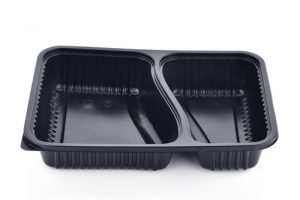 The recycling of non-container plastics is receiving more and more attention in Europe. A key reason for this interest is the rising tonnages of pots, tubs and trays being collected.
The recycling of non-container plastics is receiving more and more attention in Europe. A key reason for this interest is the rising tonnages of pots, tubs and trays being collected.
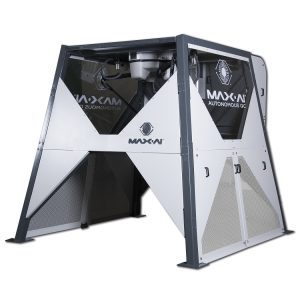 In the not-too-distant future, artificial intelligence may see and control all that’s happening in a recycling facility. But first, it’s going to do some work on a quality control line.
In the not-too-distant future, artificial intelligence may see and control all that’s happening in a recycling facility. But first, it’s going to do some work on a quality control line.
 A container deposit system is set to be introduced in Australia’s most populous state, and Pepsi develops a game to get kids in Poland excited about water bottle recycling.
A container deposit system is set to be introduced in Australia’s most populous state, and Pepsi develops a game to get kids in Poland excited about water bottle recycling.
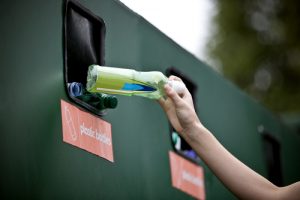 Research in the U.K. shows that uncertainty over recyclability of plastic products continues to prevent higher recovery rates among the general public. Continue Reading
Research in the U.K. shows that uncertainty over recyclability of plastic products continues to prevent higher recovery rates among the general public. Continue Reading
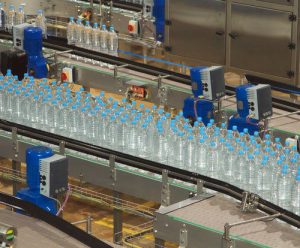 A study has backed up a frequent message among plastics recycling companies: Successful recyclability starts in the product design phase.
A study has backed up a frequent message among plastics recycling companies: Successful recyclability starts in the product design phase.
